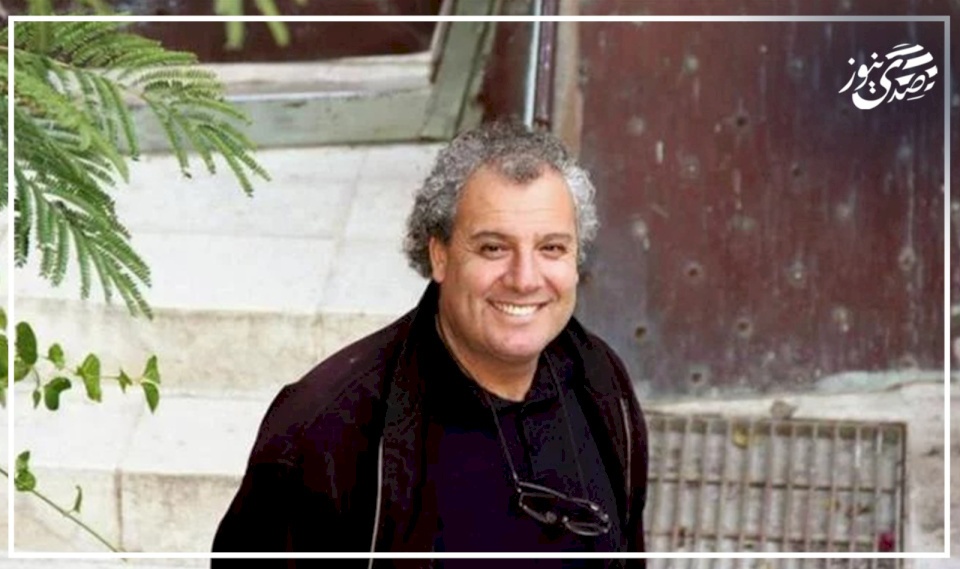
The Childhood of a Palestinian
Why does the Palestinian writer rush to write about their childhood in all its simple details? Why does it seem they are so excited about it? Whenever I read a piece of literature by a Palestinian, my first question is always: what I read is good, but when will you write about your childhood? They immediately respond, I am actually writing it; I am almost done. This was the case with Mahmoud Shakir, Khalil Sakakini, Ibrahim Juhar, Ibrahim Nasrallah, Emile Habibi, Mourid Barghouti, Ismail and Tammam Shamout, Fadwa Tuqan, Mohammed Ali Tahah, Faisal Harouni, and many others.
The book in my hands is by the Palestinian writer and intellectual Jamal Salhout, titled (Thorns of the Wilderness), published by the Al-Kull Al-Shay Library in Haifa in a medium size, with approximately 200 pages. On the back cover, Salhout writes: (I can say that I and the majority of my generation lived despite the laws of nature, as the mortality rate among children was very high. Nevertheless, we lived to witness a reality in which we had no choices). Faisal Harouni wrote about why he wrote his childhood memoir: (I realized that what I lived was not just personal memories; it was part of a nation's history that is trying to recall itself in the face of obliteration). Meanwhile, the poet Mourid Barghouti wrote: (I did not write my childhood memoirs to talk about myself, but to tell the reader how we lived and how the country was taken from our souls before it was taken from our hands).
In the writings of European writers and thinkers, the reasons for writing memoirs seem completely different from those of Palestinians. The American novelist Henry Miller wrote his memoirs between 1980 and 1989 in the form of famous novels in the 1920s, not to avert an attempt of erasure from a foreign invader, but in search of the essence of the idea of time. The existential question often underlies this interest in Western writers. A clearer example is the experience of the French novelist Marcel Proust, who wrote (In Search of Lost Time) not as a means to reinforce a memory threatened with death and cancellation, but as a reflection on the concept of time and enjoyment in digging up a lost treasure called childhood.
In his book (Thorns of the Wilderness), Jamal Salhout returns to the very beginning of childhood in the village of Sawahra, in the Jerusalem district, born in 1949. The context of this childhood is very well known; it was just one year after the occupation of Palestine, and the war was still ongoing. How can we imagine this context? Salhout writes: (There was nothing in our childhood that pleased the heart, for our fathers, who lived through the end of the Ottoman era with all its ignorance and injustices, suffered immensely in their childhoods at the end of the global war, until they fell under British occupation, which tried to beautify its name by calling it a mandate instead of an occupation. Thus, our fathers were also victims of a reality imposed upon them; they did not live their childhood, youth, or even their old age).
Therefore, there is a different narrative that Salhout writes in his book, which is the narrative of his fathers' and grandfathers' childhood; a narrative that is certainly not as detailed as his own, but it reveals the extent of his people's tragedy that is shared across generations. It seems to be the fate of the Palestinian to live a destroyed childhood.

Huckabee's Statements Reveal the Falsehood of Trump's Peace and Reinforce Religious Confli...

Licensed Occupation by Law

Whoever Does Not Plant Hope, Plants Departure...

Between "Here is Jerusalem" and "Here is Gaza" ... The Voice of a Nation and the Steadfast...

While some count the boos, Palestinians count their martyrs.. Paradoxes of the internation...

When the Palestinian Issue is Reduced to Gaza Management

Legally Licensed Occupation

